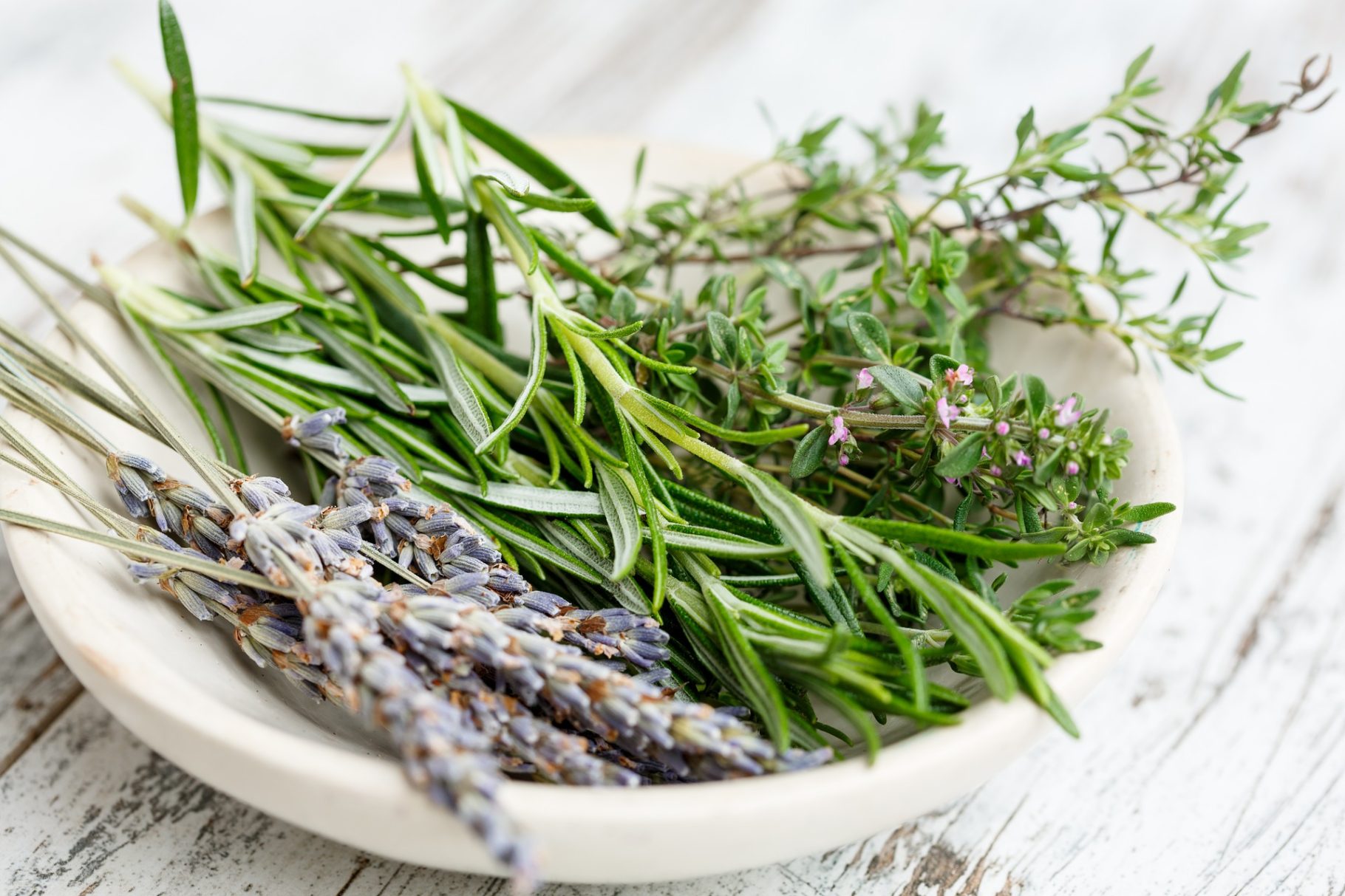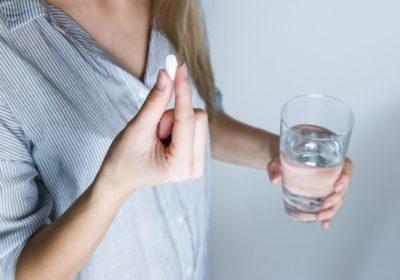3 Therapeutic Ways to U
The soft purple color and the pleasant aroma are not the only soothing characteristics of lavender. The flowers and oil derived from the whole lavender plant have been used for thousands of years to calm numerous mental and physical ailments ranging from anxiety to headaches.
It is valuable to understand how to use lavender essential oil and dried flowers to experience the full benefit of this herb.
How to use Lavender Essential Oil
A roadblock to studying this herb is the standardization of compound percentages in lavender oil to delineate which compound ratios contribute to therapeutic effects. It can be ingested as an oil in a capsule or as a dried herb in loose leaf tea. Experts commonly recommend lavender oil consumption via oral administration to treat anxiety.
Lavender oil is extracted from the plant and used for it’s physical and mental medicinal benefits. The derived form of lavender oil is then filled into a capsule for ingestion or bottled for aromatic and topical uses.
It can be tricky after you excitedly receive your first product containing lavender essential oil. Products tend to come with little to no instruction. If you ever found yourself in that situation or spent way to much time doing research online, I feel your pain.
Don’t worry though! Hopefully, I cover everything you were looking for below about how to use lavender essential oil. If something is missing be sure to let me know!
Lavender Capsule
Studies on the efficacy of lavender oil capsules for mental health are easier to design and test than alternative forms. One of the most studied drugs on the market is Silxan (Calm Aid in the US). It showed better results in the treatment of anxiety disorders than a commonly prescribed sedative known as lorazepam.
Capsules generally range from 80 mg to 200 mg. Follow the instructions listed on the product to determine the appropriate dosage.
Essential Oil Diffuser
Essential oils like lavender can be diffused into the air and inhaled into the body. This brings into the bloodstream and subsequently into the brain. Many aromatherapy studies show a decrease in stress in patients during anxiety-inducing medical situations like going to the dentist.
To diffuse lavender into the air, you will need a diffuser. The different types of diffusers are nebulizing diffusers, ultrasonic diffusers, evaporative diffusers, and heat diffusers. Heat diffusers can break down the chemical composition of oils which may affect their therapeutic benefits.
Lavender Oil in Bath
Ah yes, bath time with lavender oil can be an incredibly relaxing experience. This allows both for absorption through the skin and absorption through inhaling the diffused particles into the air

Benefits of Lavender
The strong backlog of healing claims has lead scientists to conduct research to verify the validity of these claims with evidence.
Some studied benefits include treatment of:
- Anxiety
- Depression
- Insomnia
- Hair loss
- Wound Healing
- Fungal infections
- PMS Symtoms
- Pain
Some benefits that need more research:
- Migraines
- Nausea or Vomiting
- Eczema
- Dementia
- High Blood Pressure
Lavender and Anxiety
Lavender is approved by the European Medicines Agency (EMA) to treat anxiety and stress as herbal medicine. The main lavender strain studied for its effectiveness in treating anxiety is Lavandula angustifolia, formerly know as Lavandula officinalis or English Lavender.
Two compounds that appear to aid in the therapeutic calming benefits are linalool and linalyl acetate. Serotonin, which is a neurotransmitter that plays an important role in anxiety and mood, may be responsible for lavender oils anxiolytic (calming) effects.
Lavender effects of reduced anxiety may be accompanied by increased mood, relaxed brain wave activity, and positive response social interactions.
An 80 mg lavender oil capsule developed in Germany known as Silexan (or Calm Aid in the US) has shown efficacy in reducing anxiety with standard percentages of 36.8% linalool and 34.2% linalyl acetate. Human trials show a reduction of symptoms in generalized anxiety disorder, restlessness, and disturbed sleep while increasing well-being and quality of life.
Lavender oil can also be used through aromatherapy by diffusing it into the air with a diffuser or through hot bath water while also absorbing into the skin. The evidence for aromatherapy is not as well established since it is hard to disguise or fabricate the fragrance of lavender during trials.
The decrease in anxiety levels may be due to the lavenders effect on the feel-good neurotransmitter dopamine, the inhibitory neurotransmitter GABA, and the anti-anxiety work of the cholinergic system.
Important Reminders
Always talk to your doctor before adding any additional supplements to your routine so they can advise you of the safety of this herb in combination with other supplements/medication you may be taking. It is recommended by the NIH to be careful when combining lavender with other sedative compounds or substances that lower blood pressure.



